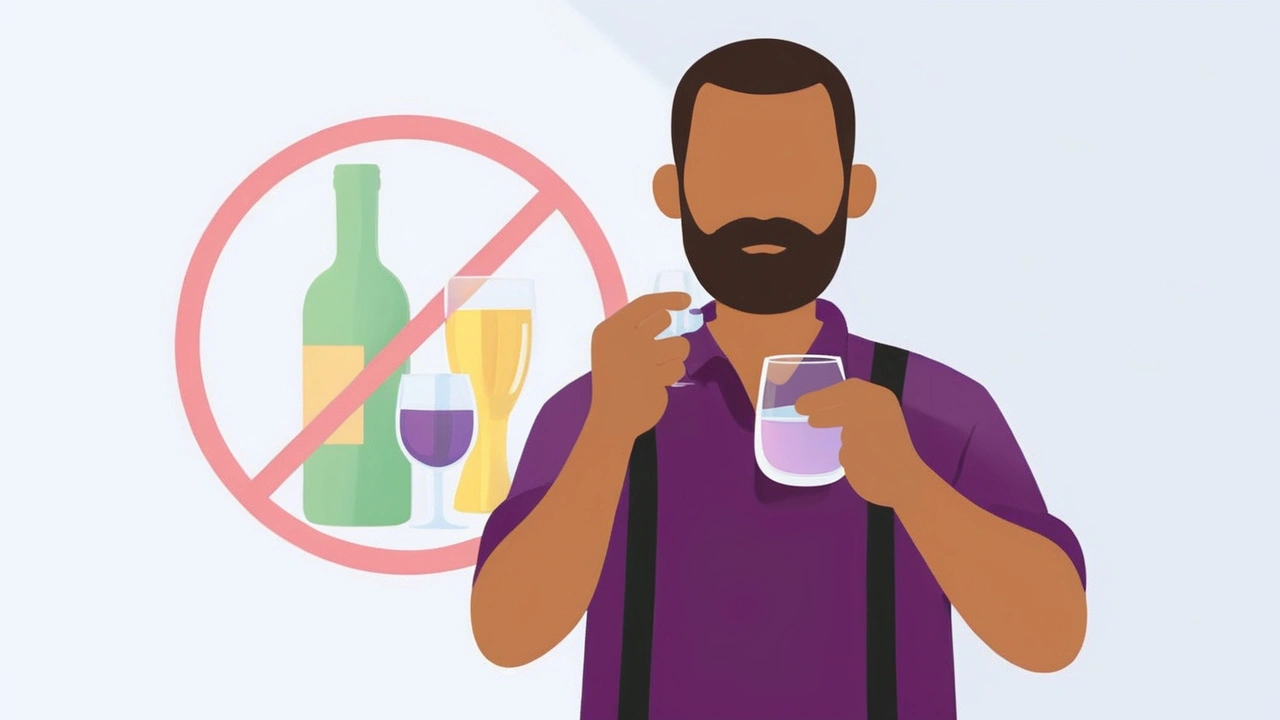This article examines why it is crucial to avoid alcohol consumption while taking antibiotics. It highlights expert advice from health professionals on the potential risks, adverse effects, and specific antibiotics that can cause severe reactions when combined with alcohol. Understanding these interactions is essential for a smooth and effective recovery process.
Recovery: Practical Steps to Heal Faster
Recovering from illness, surgery, or a flare-up is messy, but small, practical moves speed things up. This guide gives clear steps you can use: how to think about medication, nutrition, movement, and support so you avoid setbacks and get back to normal life faster.
Medication
Smart medicine use matters. Take prescriptions exactly as directed, keep a simple pill chart, and ask your pharmacist about interactions. If you shop online, pick pharmacies that require a prescription, show contact details, and have clear return policies. Check for reliable reviews and pharmacy accreditations before buying antibiotics, heart meds, or seizure drugs. For drugs cleared by kidneys, like some anti-seizure medicines, tell your provider about kidney issues so doses can be adjusted.
Movement
Food fuels repair. Focus on protein, colorful vegetables, and easy-to-digest carbs. Protein helps tissue rebuild; vitamins A and C support skin and immune function. Drink plain water day — dehydration slows healing. If you use supplements, pick one trusted product at a time and watch for side effects. Some supplements can help recovery when used right; others interfere with meds. Ask your clinician before adding anything new.
Move in ways that help instead of harm. Gentle, regular movement reduces stiffness, lowers blood clot risk, and improves mood. Follow any physical therapy plan you were given and start with short sessions that gradually extend. For lung recovery, simple breathing exercises and short walks make a big difference. Rest is essential, but total bed rest without guidance can weaken muscles—balance is key.
Pain control without overdoing it keeps recovery on track. Use non-drug methods like ice, heat, elevation, and timed movement. When you use pain medicines, follow dose limits and avoid mixing sedatives. If pain limits activity, ask for a plan that allows safe movement so healing continues.
Mental recovery counts. Healing takes energy, and anxiety or low mood slow progress. Support groups, online forums, or short-term counseling help you stick to treatment plans and manage stress. Sharing practical tips with people who faced the same issue often reveals easy tricks you wouldn't find in a pamphlet.
Watch for warning signs. Increased redness, spreading pain, high fever, sudden shortness of breath, fainting, or new confusion require quick medical review. Keep follow-up dates and test results in one folder so nothing slips through the cracks.
Simple systems make everything easier. Use a daily checklist for meds, fluid, meals, movement, and sleep. Set phone reminders for doses and appointments. If a caregiver helps, hand over clear written instructions so everyone follows the same plan.
Recovery is rarely linear, but steady, practical choices add up. Focus on medication safety, good nutrition, sensible movement, and mental support. Those four habits cut complications and help you reach full strength sooner. Start small today and track one clear recovery goal daily.

